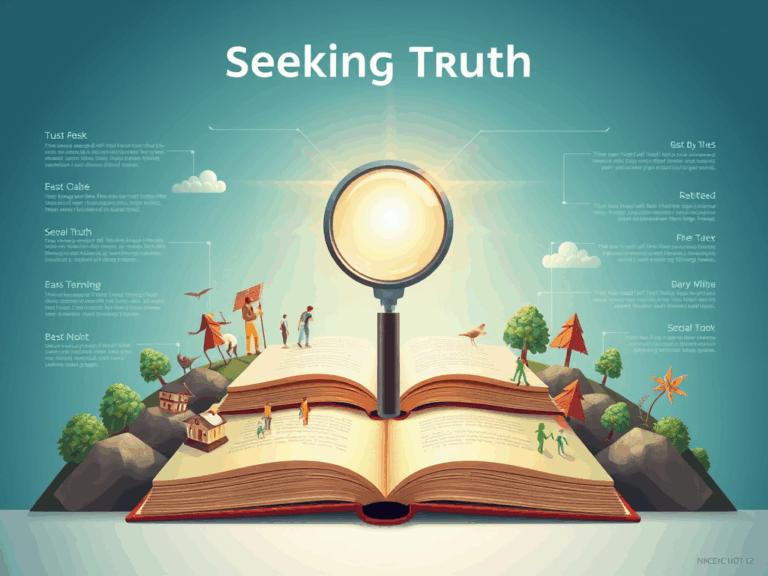Irenaeus, Human Perfection, and the Nature of the Universe
by Allan R. Bevere
 Here someone may raise an objection. “Could not God have made humanity perfect from the beginning?” Yet one must know that all things are possible for God, who is always the same and uncreated. But created beings, and all who have their beginning of being in the course of time, are necessarily inferior to the one who created them. Things which have recently come into being cannot be eternal; and, not being eternal, they fall short of perfection for that very reason. And being newly created they are therefore childish and immature, and not yet fully prepared for an adult way of life. And so, just as a mother is able to offer food to an infant, but the infant is not yet able to receive food unsuited to its age. In the same way, God, for his part, could have offered perfection to humanity, but humanity was not capable of receiving it. –Irenaeus (second century AD).
Here someone may raise an objection. “Could not God have made humanity perfect from the beginning?” Yet one must know that all things are possible for God, who is always the same and uncreated. But created beings, and all who have their beginning of being in the course of time, are necessarily inferior to the one who created them. Things which have recently come into being cannot be eternal; and, not being eternal, they fall short of perfection for that very reason. And being newly created they are therefore childish and immature, and not yet fully prepared for an adult way of life. And so, just as a mother is able to offer food to an infant, but the infant is not yet able to receive food unsuited to its age. In the same way, God, for his part, could have offered perfection to humanity, but humanity was not capable of receiving it. –Irenaeus (second century AD).
In this passage Bishop Irenaeus suggests that God did not create humanity in a state of perfection because perfection requires a maturing process. Irenaeus states that by necessity human beings have a beginning in time and, therefore, must be “inferior” to the one who created them. Humanity is not simply able to receive such perfection; it is something attained over time as one grows in love and grace. Such a lack of perfection is suggested in the Garden of Eden story where Adam and Eve are forbidden to eat from the Tree of the Knowledge of Good and Evil. The fact that they lacked such knowledge prior to their disobedience meant they lacked perfection. As is clear from the narrative, the problem with the first couple was not their humanity, it was their disobedience. There is an immaturity, writes Irenaeus, that goes hand in hand with a lack of perfection. In the same way maturity and perfection are indispensably connected. Since maturity cannot be had instantaneously, neither can perfection. One moves toward it.
While the going on to perfection theme is very familiar to Wesleyans, it nevertheless challenges us to reflect not only on our own lives and our relationship, our journey with Jesus Christ, but if Irenaeus is correct, it causes us to think about the very nature of the universe itself. John Polkinghorne, a theoretical physicist and Anglican priest, suggests in his book, Quarks, Chaos and Christianity that the universe itself has been created to “mature”, which means that creation is not static and complete, but rather that it is continuing even now, that God is still creating, or in theological terms re-creating. This should not surprise Christians who speak so freely about the human relationship with God as a journey, as one of growth. This is simply consistent with the very nature of the universe itself. Evolutionary theory is nothing more than God’s involvement with creation, creating and also allowing its contingencies to go where they may. God’s creation of human beings with a free will is simply consistent with the free process built into the fabric of the universe itself. God must act consistently.
Thus, God is not a helpless spectator, nor is God the divine puppet master pulling the strings of a helpless and predetermined creation. Jesus went to the cross as one who chose freely to do so and as one who was fulfilling the will of his Father. The cross of Christ is the fullest expression of the nature of God and the nature of his relationship to humanity and the entire creation.
As the universe expands outward and history moves forward, God journeys with us and the universe, leading and guiding and allowing. Our hope is not in the universe itself, nor in history, but in the eternal and perfect God who moves with us toward perfection.
[slideshow_deploy id=’2564′]




